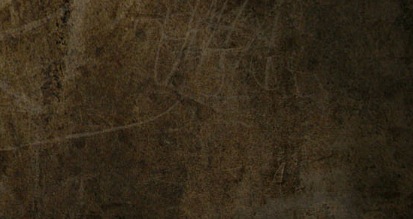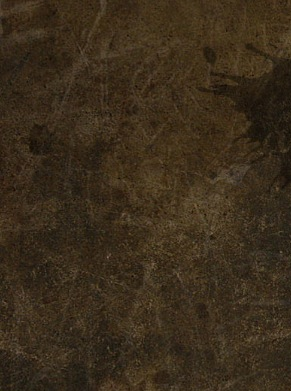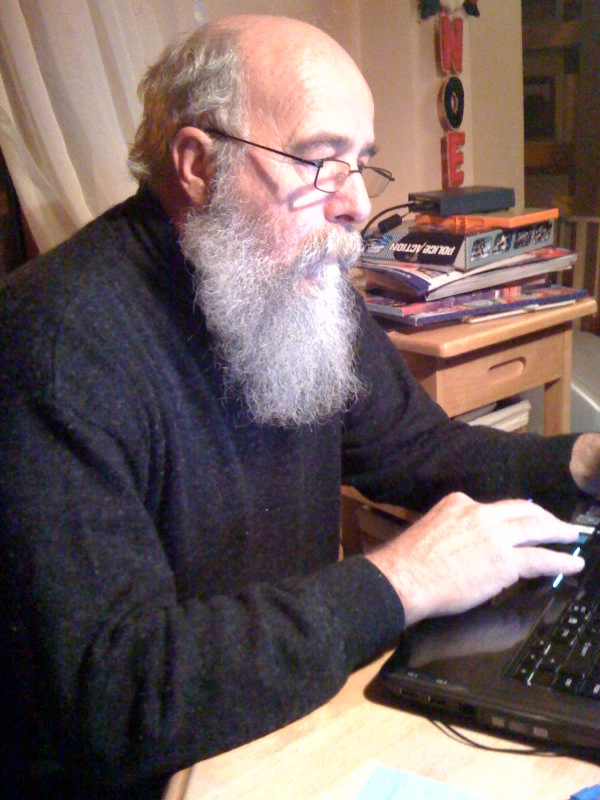

Having spent the last 3 years in NUI. Maynooth getting a degree in Music Technology and Business I have developed a desire to write about Vocations in order to assist people that are not fully aware of the improtance of understanding the Vocational process
Please Scroll Down
Please Scroll Down
Vocations 2

Where better to get inspiration